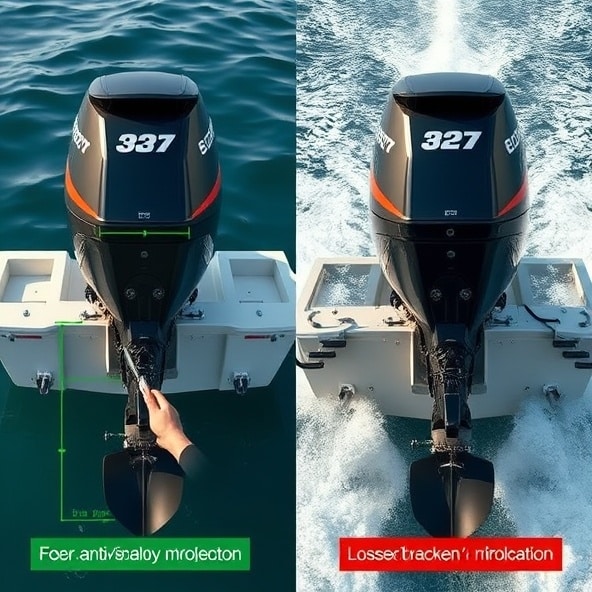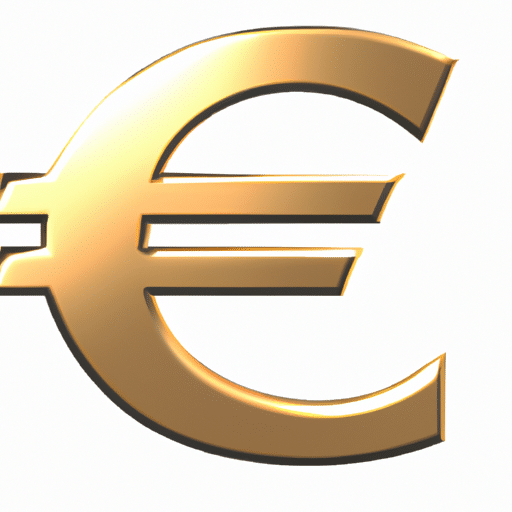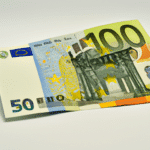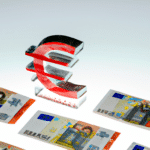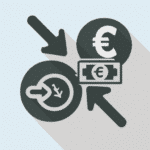Kluczowe informacje o euro – historia użyteczność i perspektywy
Kluczowe informacje o euro – historia, użyteczność i perspektywy
Euro jest oficjalną walutą większości państw Unii Europejskiej i jest jedną z najważniejszych walut na świecie. Jest to rezultat długiego procesu integracji gospodarczej i politycznej w Europie, który rozpoczął się już w połowie XX wieku.
Historia euro
Projekt powstania euro rozpoczął się już w latach 50. XX wieku, kiedy to państwa Europy Zachodniej postanowiły zacieśnić swoje więzi gospodarcze. Początkowo powstała Europejska Wspólnota Węgla i Stali, a później Europejska Wspólnota Gospodarcza. Jednak idea stworzenia wspólnej waluty była obecna od samego początku.
Również w 1992 roku podpisano traktat z Maastricht, który stworzył podwaliny dla powstania europejskiej unii walutowej. Powszechne stosowanie euro rozpoczęło się 1 stycznia 2002 roku, kiedy to monety i banknoty euro zastąpiły waluty narodowe w 12 krajach Unii Europejskiej.
Użyteczność euro
Euro jest jedną z najważniejszych walut na świecie i jest szeroko akceptowane zarówno wewnątrz, jak i poza granicami Unii Europejskiej. Wiele państw spoza UE, takich jak Kosowo czy Czarnogóra, również używa euro jako swojej oficjalnej waluty.
Dzięki euro kraje strefy euro mogą łatwo handlować między sobą, unikając trudności związanych z konwersją walut. Ułatwia to prowadzenie działalności gospodarczej i sprzyja integracji gospodarczej w Europie. Ponadto korzystanie z jednej waluty ułatwia podróżowanie i zakupy turystyczne w krajach strefy euro.
Euro jest również uznawane za stabilną walutę, co odzwierciedla się w jego wysokim kursie w stosunku do innych walut światowych. Niska inflacja i stabilne warunki gospodarcze w strefie euro przyciągają inwestorów z całego świata.
Perspektywy euro
Przyszłość euro pozostaje trudna do przewidzenia, ze względu na różne czynniki polityczne i gospodarcze. W ostatnich latach pojawiły się kontrowersje dotyczące funkcjonowania unii walutowej, takie jak zarządzanie długiem państw członkowskich czy skutki kryzysu finansowego w Grecji.
Jednak pomimo tych wyzwań, euro nadal utrzymuje się jako jedna z kluczowych walut na świecie. Przyszłość euro będzie zależeć od dalszej integracji gospodarczej i politycznej w Europie, a także od umiejętności państw członkowskich utrzymania stabilności gospodarczej.
Podsumowanie
Euro jest walutą o długiej historii integracji gospodarczej i politycznej w Europie. Jego użyteczność jest szeroko akceptowana zarówno wewnątrz, jak i poza granicami strefy euro. Przyszłość euro zależy od wielu czynników, ale nadal jest jedną z najważniejszych walut na świecie.
FAQ
Frequently Asked Questions about Euro
What is the history of the euro?
The euro was introduced as an electronic currency in 1999 and later became the official currency of many European Union countries. Its purpose was to facilitate trade and economic integration within the EU.
How is the euro useful?
The euro allows for seamless cross-border transactions within the Eurozone, eliminating the need for currency exchange and reducing costs. It also promotes economic stability and facilitates trade among member countries.
Which countries use the euro?
The euro is the official currency of 19 out of the 27 European Union member states. These countries collectively form the Eurozone and use the euro as their sole currency.
What are the advantages of using the euro?
The advantages of using the euro include simplified international travel, increased price transparency, enhanced economic stability, and reduced exchange rate risks. It also promotes a sense of unity and integration among European countries.
Can I use the euro outside the Eurozone?
While the euro is the official currency of several countries, it may not be widely accepted outside the Eurozone. It is advisable to check with local establishments if they accept euros before traveling to non-Eurozone countries.
How is the exchange rate of the euro determined?
The exchange rate of the euro is determined by various factors, including market demand and supply, interest rates, inflation rates, and political stability. It can fluctuate throughout the day in response to these factors.
Are there any disadvantages of using the euro?
Some potential disadvantages of using the euro include loss of control over monetary policy, economic asymmetry among member countries, and the risk of financial contagion. However, the overall benefits outweigh these potential drawbacks.
Will more countries adopt the euro in the future?
It is possible that more countries may adopt the euro in the future. However, any new members must meet certain criteria, such as having a stable economy and fulfilling the convergence criteria set by the European Union.
Is it necessary to exchange my currency for euros when traveling to the Eurozone?
It is recommended to exchange your currency for euros when traveling to the Eurozone to ensure easy and convenient transactions. However, some countries within the Eurozone may accept major currencies like the US dollar or British pound in tourist areas.
What are the future prospects for the euro?
The future of the euro looks promising, as it continues to be a stable and widely used currency in the European Union. Efforts are being made to deepen economic and monetary integration among member countries, which may further strengthen the euro’s position.
